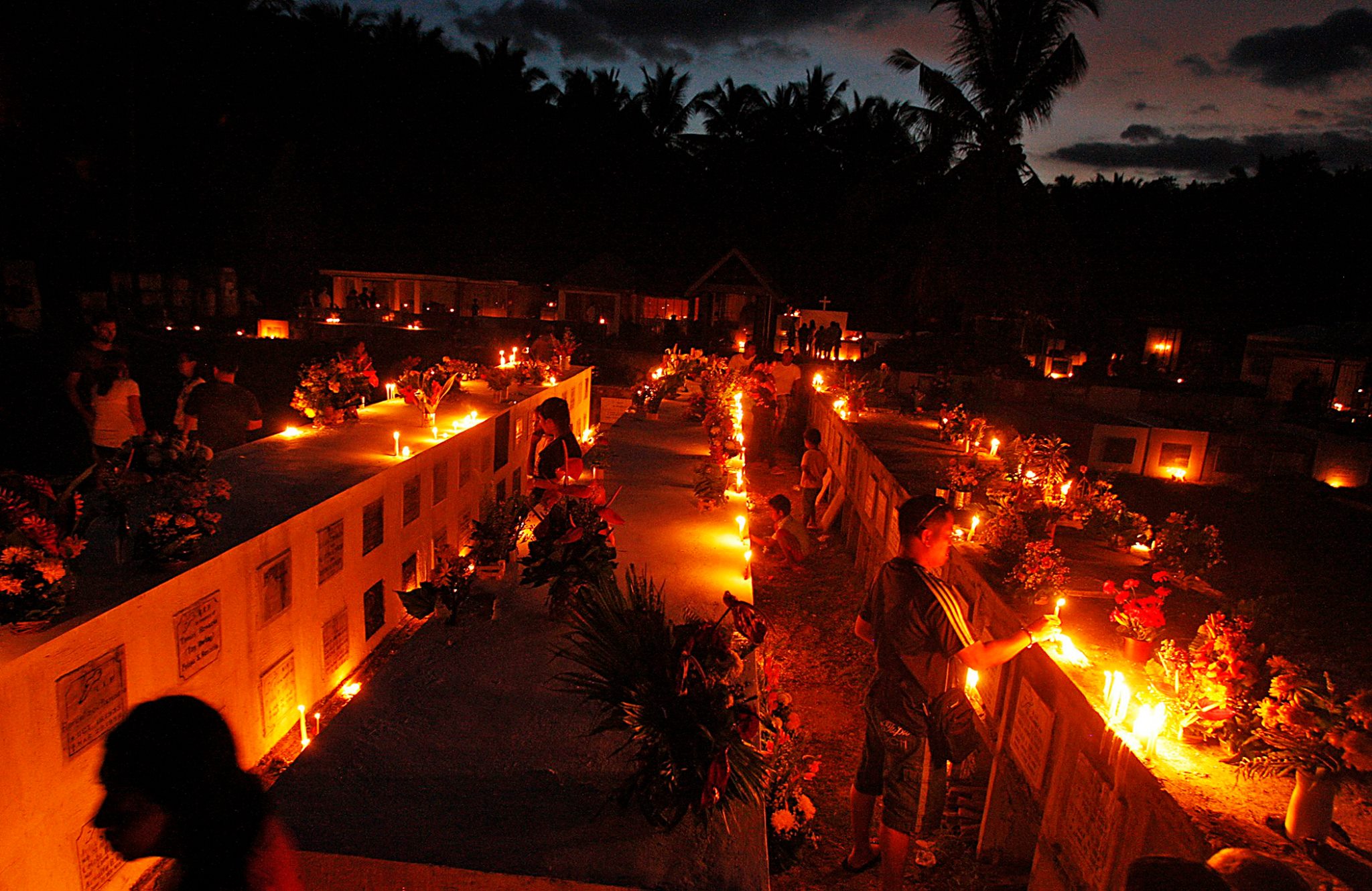Tradition is not the worship of the ashes but the preservation of fire.
– Gustav Mahler
The unfortunate result of the ever-changing tastes and worldviews of different populations all over the world is the demise of numerous traditions. There are of course olden practices which are deservedly relegated in the ash-heap of history, such human sacrifice or cannibalism, but there are others which do no harm yet are threatened by the rising tides of modernity.
One such tradition is the remembrance of those who have passed. Such practice is often done around the Christian feast of All Hallows’ Day, moving on to the liturgical celebrations of All Saints’ Day (November 1st) and All Souls’ Day (November 2nd).
The former is a day devoted to solemnizing the lives of saints, remembering their deeds and reflecting on their devotion to the Lord. The latter is devoted to “all the faithful departed” or all those who have passed, there used to be a time when All Souls’ Day entailed a ceremony to remember the dead – that tradition is slowly fading away.
In most Western countries, All Hallows’ Day has been bastardized into the modern holiday of Halloween. Rather than venerating the saints or remembering our deceased loved ones, the event has been given a consumerist flavor and is centered on gratuitous dress-ups and debauched parties. What is supposedly a solemn event is today observed with promiscuous behavior and excessive intoxication.
It is arguable that this modern adaptation of the formerly Christian tradition is more detrimental to the well-being of society rather than its previous iteration. The Christian celebration was marked by prudence, family and a respect for those who have come before us. This Western, consumerist trend is one centered on degeneracy, materialism and inebriation.
It may be the case that it is too late to salvage the wholesome nature of All Hallows’ Eve in Western society, due to the declining cultural relevance of Christianity and the overwhelming hold consumerism has over the younger generations. However, it is worth noting – and appreciating – that this tradition has been carefully preserved in a few non-Western societies in the world.
The Christian themes of All Souls’ Day and the celebration of All Saints’ and All Souls’ Days are largely intact in the Philippines, for example. The end of October and the first two days of November are often marked as public holidays, to commemorate these celebrations. During their holiday, Filipinos would return to their respective hometowns and visit the grave of their deceased loved ones – lighting a candle and spending a few hours to beside the grave.
They do this to remember the dead and to share a moment with them, as if they were still alive. They do this with the extended family, from uncles and aunties to distant cousins. The event becomes a reunion of some sort. For one night a year, they bond with their families – both living and deceased.
It is one of the most important events in Philippine society, not just a significant cultural happening but also providing a vital economic boost as there becomes a huge demand for transport services and the public holidays mean that there is a rise in consumption. Above all, it is an important social event which allows families to strengthen their bond which generally contributes positively to their well-being.
Undoubtedly, such a tradition is much worthy of preserving than the social debauchery currently practiced in many Western societies. A more beautiful, much more meaningful way to commemorate the end of October and the All Hallows’ Eve celebrations.

